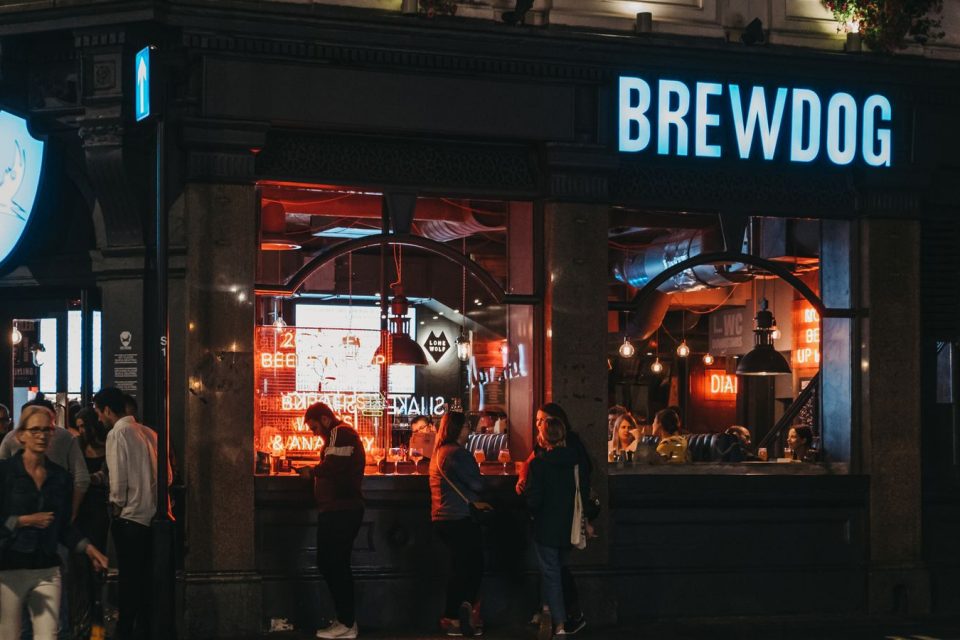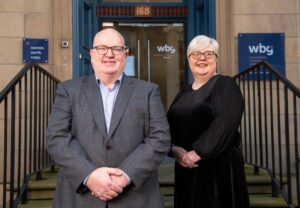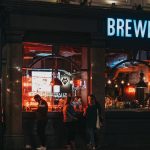BREWDOG FORCED TO CLOSE SIX PUBS DUE TO RISING ENERGY COSTS

BrewDog has confirmed it will close six of its bars, including three in Scotland, after claiming “spiralling energy bills” made the future of the sites unviable.
The brewing giant says staff will be moved to other locations and there will be no job losses.
The closing pubs are the Hop and Anchor in Aberdeen, Smithfield Market Arms in London, Hop Hub in Motherwell and its BrewDog bars in Peterhead, Dalston and Old Street; east London.
Co-founder and chief executive James Watt said the decision was taken as it would “be simply impossible to get these bars even close to financial viability” in the foreseeable future.
In a post on his LinkedIn page, Watt said: “Last night we confirmed we were to close six bars around the UK and it is heart-breaking to lose these locations. Reality in the hospitality space is starting to bite and bite hard and the government needs to get a grip, now.
If nothing happens, the UK looks set to lose half of its pubs and bars and all the millions of jobs these locations provide, as well as the vital role they play in local communities.”
BrewDog aren’t the only ones feeling the sting as a number of firms in the hospitality industry have already called on the UK and Scottish governments to step in and prevent the loss of more pubs.
Amid price hikes upwards of 300 per cent, Greene King, JW Lees, Carlsberg Marston’s, Admiral Taverns, Drake & Morgan and St Austell Brewery all expressed concern, signing an open letter to the UK Government and calling for action.
Nick Mackenzie, chief executive officer of 2,700-strong group Greene King, said one tenant has seen their energy bill jump £33,000 for the year.
He said: “While the Government has introduced measures to help households cope with this spike in prices, businesses are having to face this alone, and it is only going to get worse come the autumn.
“Without immediate Government intervention to support the sector, we could face the prospect of pubs being unable to pay their bills, jobs being lost and beloved locals across the country forced to close their doors, meaning all the good work done to keep pubs open during the pandemic could be wasted.”
Concerns have also been raised about the social and cultural impact of losing pubs in some areas.
Tom Stainer, chief executive of Campaign for Real Ale (CAMRA), said: “Pubs are one of the only proper local spaces to gather in, as we have seen the decline of community hubs. [They allow you to] meet people from where you live, they help to combat loneliness and isolation, and pubs generally do a lot of work for local charities and grassroots sports teams.
Pubs provide local employment and a lot of it, often supporting younger people with their career development and training.”
A Government spokesperson said: “No government can control the global factors pushing up the price of energy and other business costs, but we will continue to support the hospitality sector in navigating the months ahead.
That includes providing a 50 per cent business rates relief for businesses across the UK, freezing alcohol duty rates on beer, cider, wine and spirits and reducing employer national insurance.”








